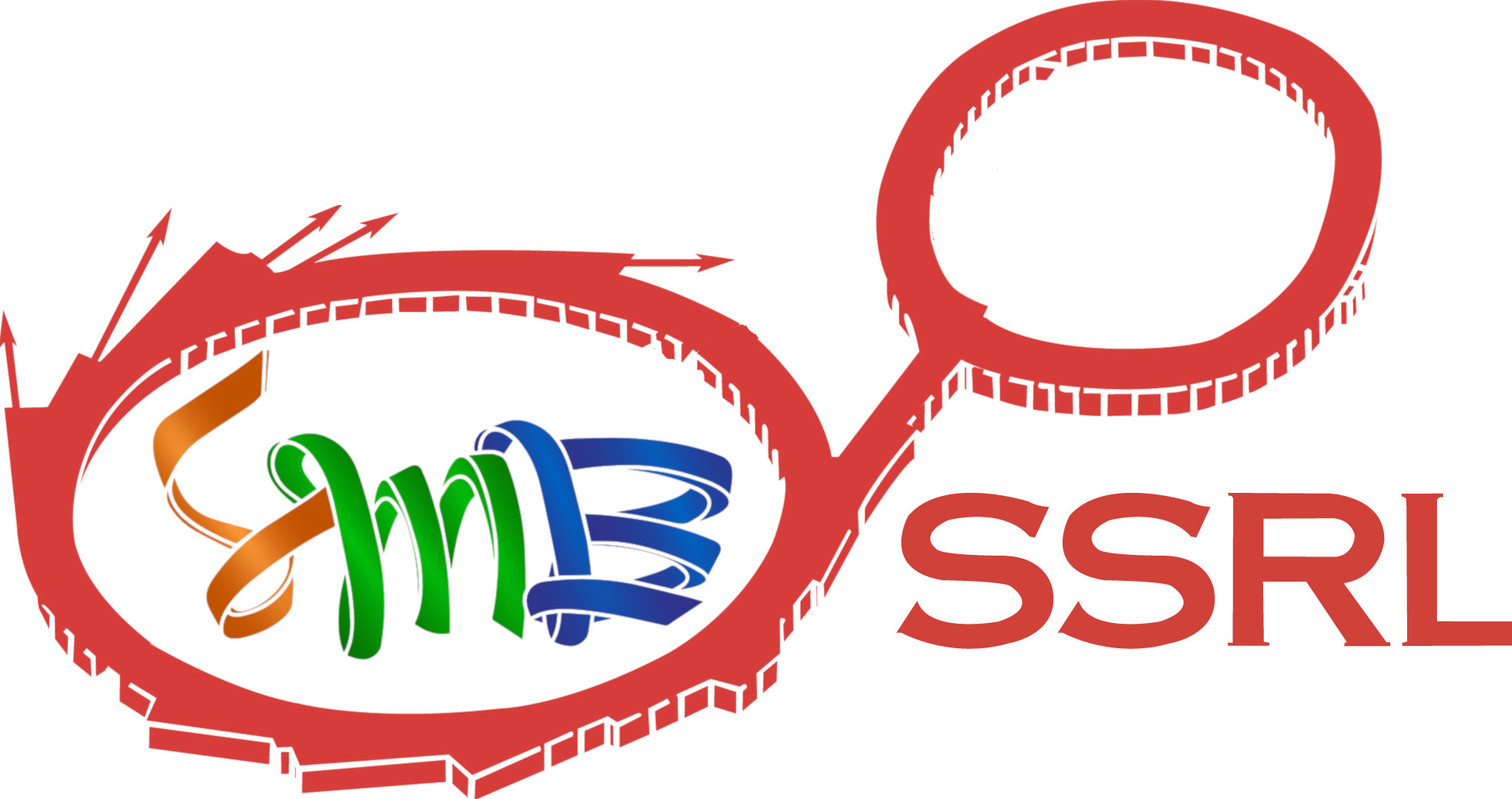dials.predict¶
Introduction¶
This program takes a set of experiments and predicts the reflections. The reflections are then saved to file.
Examples:
dials.predict models.expt
dials.predict models.expt force_static=True
dials.predict models.expt d_min=2.0
Basic parameters¶
output = predicted.refl
force_static = False
ignore_shadows = True
buffer_size = 0
d_min = None
profile {
algorithm = *gaussian_rs
gaussian_rs {
scan_varying = False
min_spots {
overall = 50
per_degree = 20
}
sigma_m_algorithm = basic *extended
centroid_definition = com *s1
parameters {
n_sigma = 3.0
sigma_b = None
sigma_m = None
}
filter {
min_zeta = 0.05
}
fitting {
scan_step = 5
grid_size = 5
threshold = 0.02
grid_method = single *regular_grid circular_grid spherical_grid
fit_method = *reciprocal_space detector_space
detector_space {
deconvolution = False
}
}
}
}
Full parameter definitions¶
output = predicted.refl
.help = "The filename for the predicted reflections"
.type = str
force_static = False
.help = "For a scan varying model, force static prediction"
.type = bool
ignore_shadows = True
.help = "Ignore dynamic shadowing"
.type = bool
buffer_size = 0
.help = "Calculate predictions within a buffer zone of n images either side"
"of the scan"
.type = int(allow_none=True)
d_min = None
.help = "Minimum d-spacing of predicted reflections"
.type = float(allow_none=True)
profile
.help = "The interface definition for a profile model."
{
algorithm = *gaussian_rs
.help = "The choice of algorithm"
.type = choice
gaussian_rs
.help = "An extension class implementing a reciprocal space gaussian"
"profile model."
{
scan_varying = False
.help = "Calculate a scan varying model"
.type = bool
min_spots
.help = "if (total_reflections > overall or reflections_per_degree >"
"per_degree) then do the profile modelling."
{
overall = 50
.help = "The minimum number of spots needed to do the profile"
"modelling"
.type = int(value_min=0, allow_none=True)
per_degree = 20
.help = "The minimum number of spots needed to do the profile"
"modelling"
.type = int(value_min=0, allow_none=True)
}
sigma_m_algorithm = basic *extended
.help = "The algorithm to compute mosaicity"
.type = choice
centroid_definition = com *s1
.help = "The centroid to use as beam divergence (centre of mass or s1)"
.type = choice
parameters {
n_sigma = 3.0
.help = "Sigma multiplier for shoebox"
.type = float(value_min=0, allow_none=True)
sigma_b = None
.help = "Override the sigma_b value (degrees)"
.type = float(value_min=0, allow_none=True)
sigma_m = None
.help = "Override the sigma_m value (degrees)"
.type = float(value_min=0, allow_none=True)
}
filter {
min_zeta = 0.05
.help = "Filter reflections by min zeta"
.type = float(allow_none=True)
}
fitting {
scan_step = 5
.help = "Space between profiles in degrees"
.type = float(allow_none=True)
grid_size = 5
.help = "The size of the profile grid."
.type = int(allow_none=True)
threshold = 0.02
.help = "The threshold to use in reference profile"
.type = float(allow_none=True)
grid_method = single *regular_grid circular_grid spherical_grid
.help = "Select the profile grid method"
.type = choice
fit_method = *reciprocal_space detector_space
.help = "The fitting method"
.type = choice
detector_space {
deconvolution = False
.help = "Do deconvolution in detector space"
.type = bool
}
}
}
}





